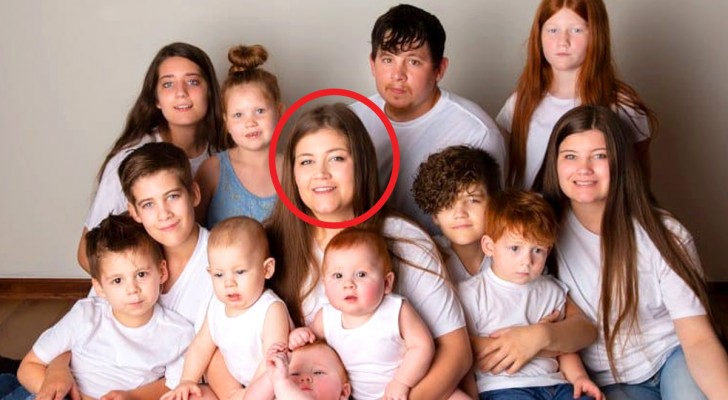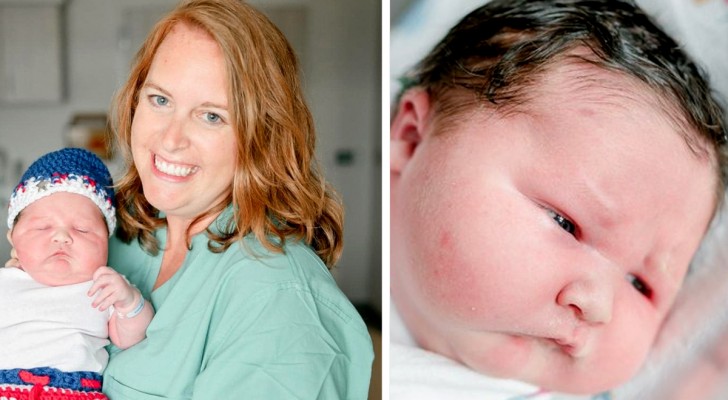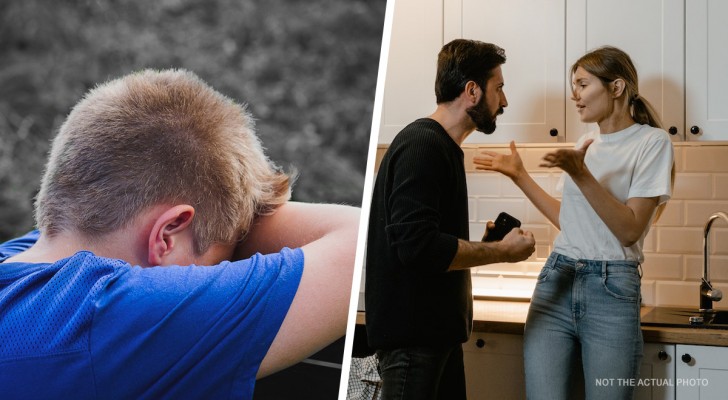A woman forbids her mother-in-law who smokes from touching her baby until she has changed clothes and washed her hands

Just before the birth of a child, it can happen that the future mother is taken by a strong desire to clean the house so that the "nest" that will welcome the baby is safe and perfect in every way.
At this stage, it can also happen that everyday habits are changed and the really harmful ones are eliminated completely, such as the habit of smoking in the house.
It is the habit of smoking that ignited the discussion between a woman and her mother-in-law, which ended up on the Internet when the woman asked her followers if she had acted well or not.
In detail, here is what happened: The future mother informed her mother-in-law, who is a very heavy smoker, that she would have to wash her hands and change her clothes before she would be allowed to hold her newborn granddaughter in her arms. Is this a reasonable or an absurd request?
via slate.com
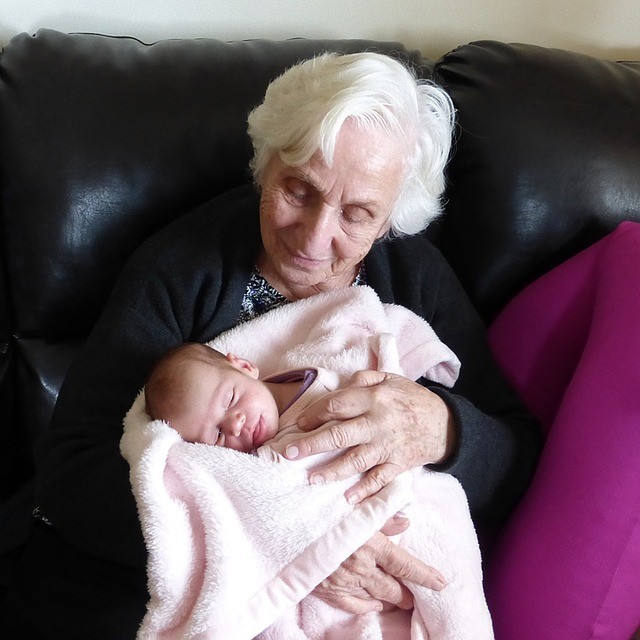
For some time there has been some talk about "third-hand smoke", in addition to the passive smoke.
The latter refers to the smoke inhaled by someone who is near a smoker, while third-hand smoke, is the smoke that you inhale from the clothes and skin of a heavy smoker, even if the person at that moment is not smoking a lit cigarette.
This type of smoke is extremely harmful especially for newborns, even to the point of being listed among the causes of Sudden Infant Death Syndrome(SIDS) aka "crib death".
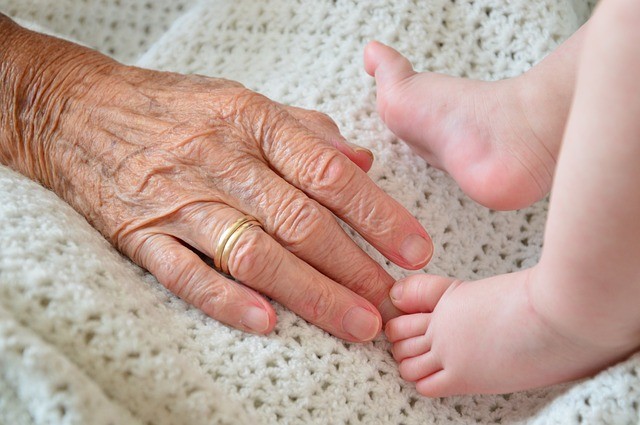
A good habit is to ask smokers not to smoke right before they come into contact with a newborn baby and to always come to visit wearing clean clothes.
As reasonable as all this is, the future mother's story has divided the Internet.
There are those on social media networks who consider it absurd for the woman to ask her mother-in-law for something like that and those who instead claim that as a mother she can ask for anything if she thinks that this may be good for her soon-to-be-born daughter.
Moreover, there are also those who pointed out that third-hand smoking is almost impossible to avoid when the smoker is a close relative!
For example, when the woman goes to visit her mother-in-law at her home with her newborn daughter, it will be really difficult to escape the smoke contaminated fabric on the sofa, armchairs, rugs, carpets, and curtains, and the air inside the house, itself full of tobacco smoke residue.
In any case, the question remains open: Was she right or wrong to ask her mother-in-law who is a heavy smoker to change clothes and wash her hands before touching her newborn granddaughter?

